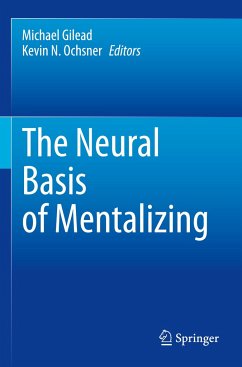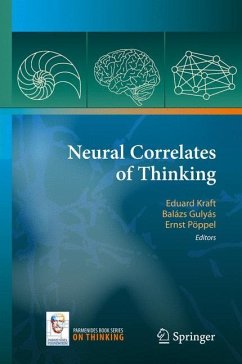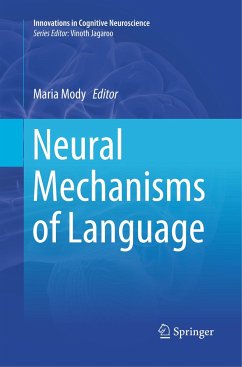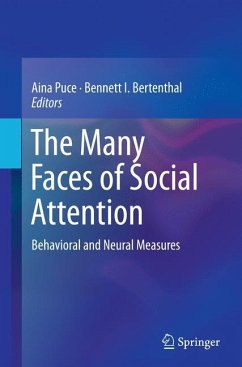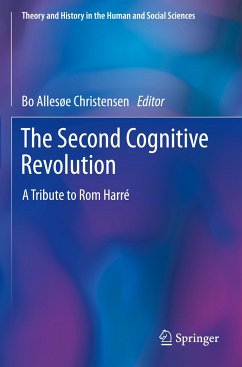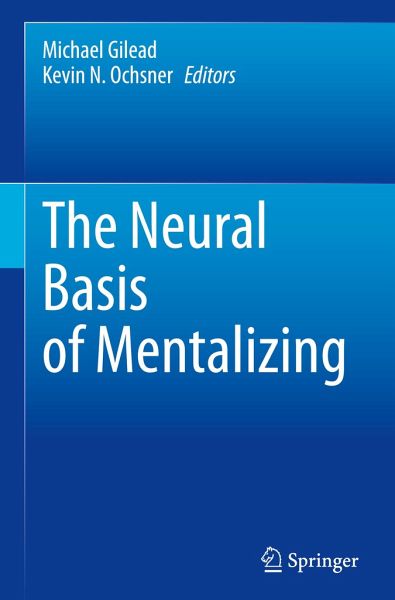
The Neural Basis of Mentalizing

PAYBACK Punkte
61 °P sammeln!
Humans have a unique ability to understand the beliefs, emotions, and intentions of others-a capacity often referred to as mentalizing. Much research in psychology and neuroscience has focused on delineating the mechanisms of mentalizing, and examining the role of mentalizing processes in other domains of cognitive and affective functioning. The purpose of the book is to provide a comprehensive overview of the current research on the mechanisms of mentalizing at the neural, algorithmic, and computational levels of analysis.The book includes contributions from prominent researchers in the field...
Humans have a unique ability to understand the beliefs, emotions, and intentions of others-a capacity often referred to as mentalizing. Much research in psychology and neuroscience has focused on delineating the mechanisms of mentalizing, and examining the role of mentalizing processes in other domains of cognitive and affective functioning. The purpose of the book is to provide a comprehensive overview of the current research on the mechanisms of mentalizing at the neural, algorithmic, and computational levels of analysis.
The book includes contributions from prominent researchers in the field of social-cognitive and affective neuroscience, as well as from related disciplines (e.g., cognitive, social, developmental and clinical psychology, psychiatry, philosophy, primatology). The contributors review their latest research in order to compile an authoritative source of knowledge on the psychological and brain bases of the unique human capacity to think about the mentalstates of others. The intended audience is researchers and students in the fields of social-cognitive and affective neuroscience and related disciplines such as neuroeconomics, cognitive neuroscience, developmental neuroscience, social cognition, social psychology, developmental psychology, cognitive psychology, and affective science. Secondary audiences include researchers in decision science (economics, judgment and decision-making), philosophy of mind, and psychiatry.
The book includes contributions from prominent researchers in the field of social-cognitive and affective neuroscience, as well as from related disciplines (e.g., cognitive, social, developmental and clinical psychology, psychiatry, philosophy, primatology). The contributors review their latest research in order to compile an authoritative source of knowledge on the psychological and brain bases of the unique human capacity to think about the mentalstates of others. The intended audience is researchers and students in the fields of social-cognitive and affective neuroscience and related disciplines such as neuroeconomics, cognitive neuroscience, developmental neuroscience, social cognition, social psychology, developmental psychology, cognitive psychology, and affective science. Secondary audiences include researchers in decision science (economics, judgment and decision-making), philosophy of mind, and psychiatry.





